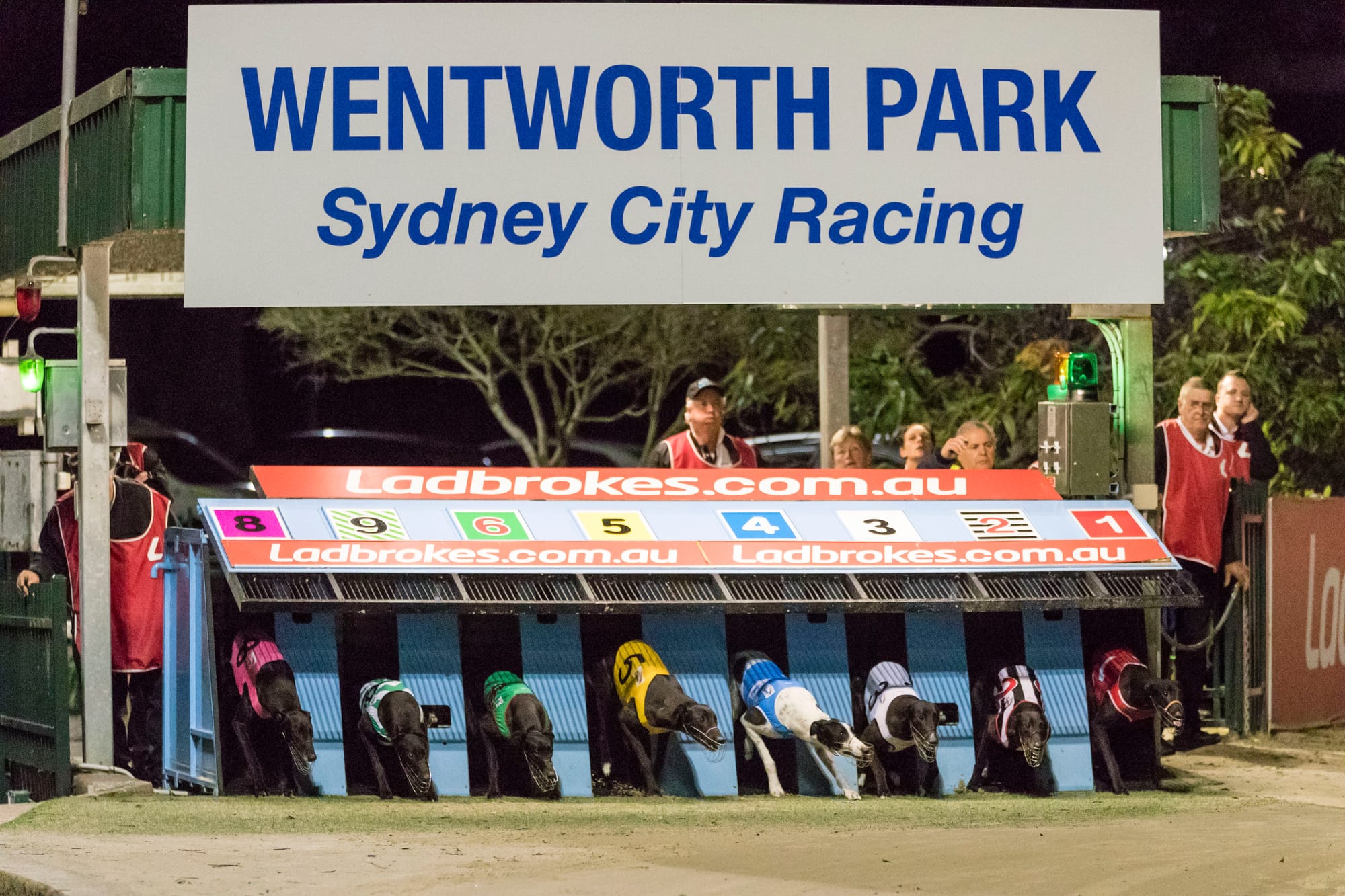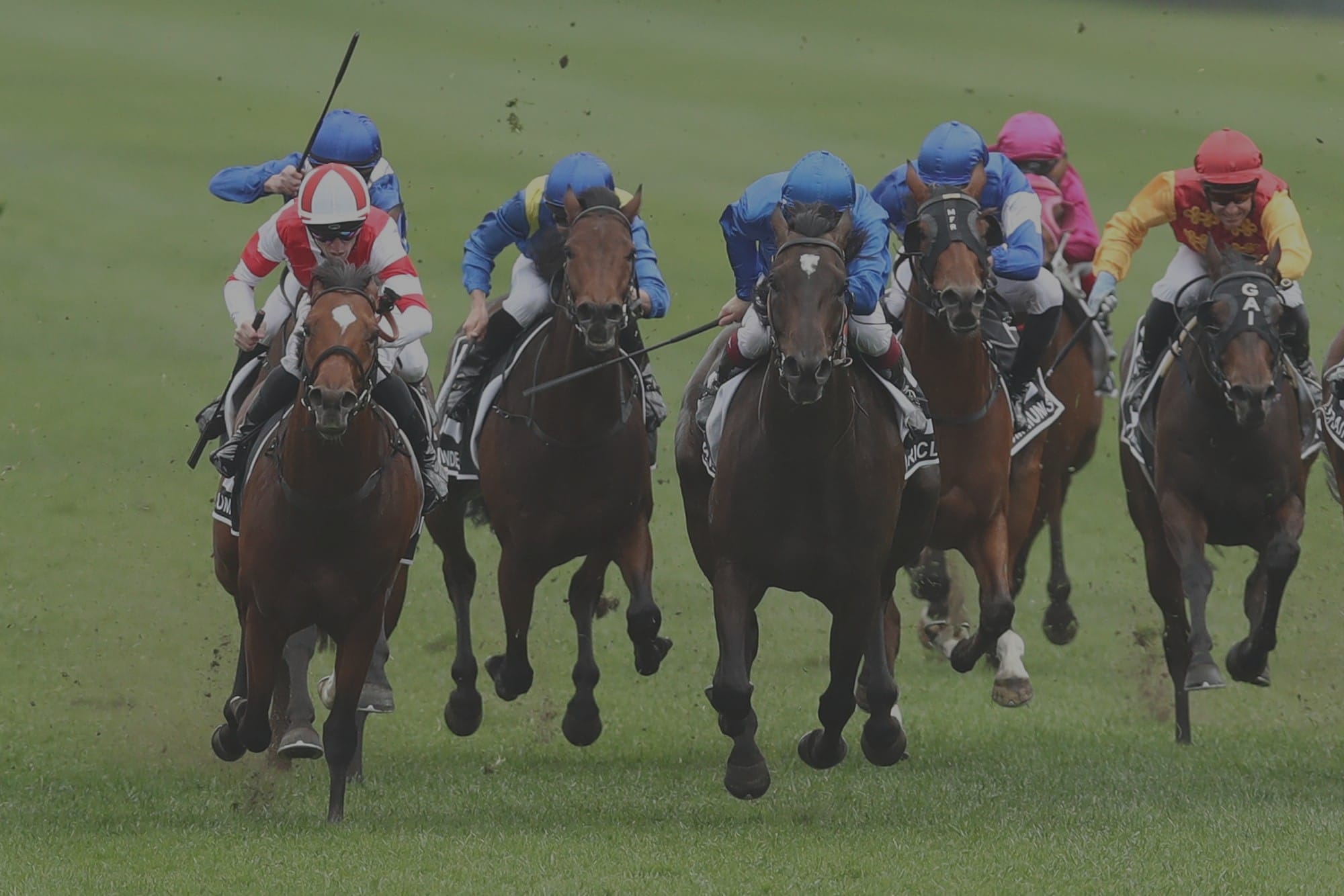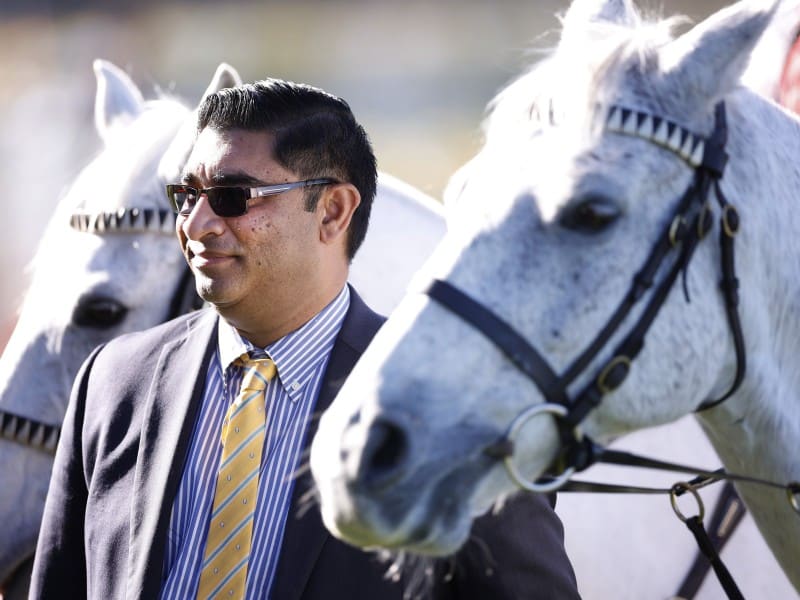Dog days – From best-ever to a departed CEO in a week
In the space of seven days, Greyhound Racing NSW went from hailing what it claimed was its best year ever to the resignation of its chief executive Rob Macaulay.

The two announcements seem incongruous, even more so when they sat alongside each other on Greyhound Racing NSW’s website, but reflect the extraordinary week in the intersecting worlds of greyhound racing and NSW politics.
Last Tuesday, Greyhound Racing NSW proclaimed in advertisements in a host of newspapers an unprecedented success thanks to “an independent report” which demonstrated the “NSW greyhound racing industry is now setting records in both animal welfare and industry sustainability”.
In the background, the relationship between Greyhound Racing NSW board and Racing Minister David Harris had hit an all-time low over another report.
Harris was looking at sacking the entire board after they refused to provide him with a report, penned by a former chief vet of Greyhound Racing NSW, Alex Brittan, detailing serious animal welfare concerns around greyhound rehoming programs.
These were the same greyhound rehoming programs that Macauley had claimed last week “are recognised as the largest, most successful of their type anywhere in the world”.
According to a report in the Daily Telegraph, the GRNSW board had also launched two separate external investigations into the CEO, but had opted to support him, having found no wrongdoing on his behalf.
The board had left Harris in the dark. Infuriated by this, Harris gave the board until this Friday to show cause why it shouldn’t be removed.
“On Tuesday 18 June I became aware of a “handover report to GRNSW” authored by a former chief veterinary officer of Greyhound Racing NSW,” Harris said in a statement.
“I requested a copy of the report from Greyhound Racing NSW. The report alleges significant issues within greyhound racing in NSW, which will require careful scrutiny.”
It was a strong reaction from a Minister who had previously shown surprising tolerance when it came to a lack of transparency from other codes under his purview. But perhaps points to the extent of the behind-the-scenes concerns.
The resignation of Macauley appears to be the first major step to get the Minister back on side.

“Mr Macaulay’s decision to resign was an amicable one, and one he felt was best for the industry at this time. The Board wishes to acknowledge his service and leadership of the organisation over the last two years,” Tuesday’s statement from the board read.
“Mr Macaulay helped reform the organisation, and the industry’s culture, during his tenure. He oversaw the industry’s rehoming program, along with new welfare and safety initiatives.”
Harris said he had no input into Macauley’s departure and said matters relating to the management of GRNSW are the responsibility of its board, whose future remains uncertain.
“As minister for gaming and racing, I am committed to supporting a competitive, responsible and sustainable greyhound racing industry, with the highest standards of animal welfare and integrity,” he said.
“The NSW government will continue to work with Greyhound Racing NSW and greyhound racing participants to ensure the viability and longevity of the industry in NSW.”
Macauley leaves with immediate effect, with Wayne Billett moving into the role of acting CEO.
However, the political scrutiny is destined to continue.
Brittan’s report was tabled in parliament on Tuesday alongside the response of the independent regulator, the Greyhound Welfare and Integrity Commission (GWIC). Soon after its release, it was declared privileged and removed from public view.
That has fomented further discontent from crossbench MPs, including Animal Justice Party MP Emma Hurst, who called the process “absurd”.
Hurst and the NSW Greens have called for a parliamentary inquiry into Brittan’s allegations, reiterating their stance that the sport needs to be shut down.
That would shine further light on an industry that just eight years ago, after a live-baiting scandal, was destined to be shuttered in NSW under former Premier Mike Baird, only to receive a reprieve after a considerable political backlash.

That Macauley chose that nadir of greyhound racing as the reference point for how far things have come in Greyhound Racing NSW’s communique last week now seems unfortunate.
The events of the past seven days have made that message, and many of the “positive” stories out of greyhound racing in NSW in recent years, look disingenuous.
That may not be the case, but it’s a terrible look.
There appear to be myriad reasons for Macaulay’s sudden departure, but it is an example of how treating animal welfare as purely a public relations exercise is playing with fire. PRAs of all persuasion need to have their house in order, not just their messaging.
In that way, it is a salient lesson to the other racing codes on how important animal welfare is to their future prosperity, both politically and regarding social licence.






